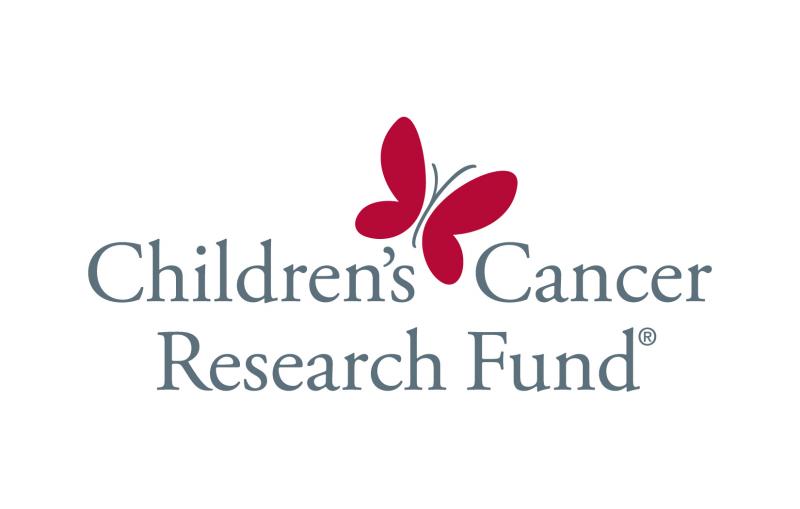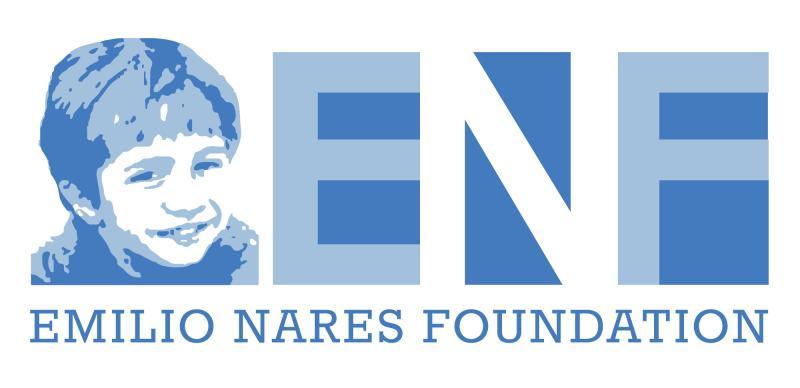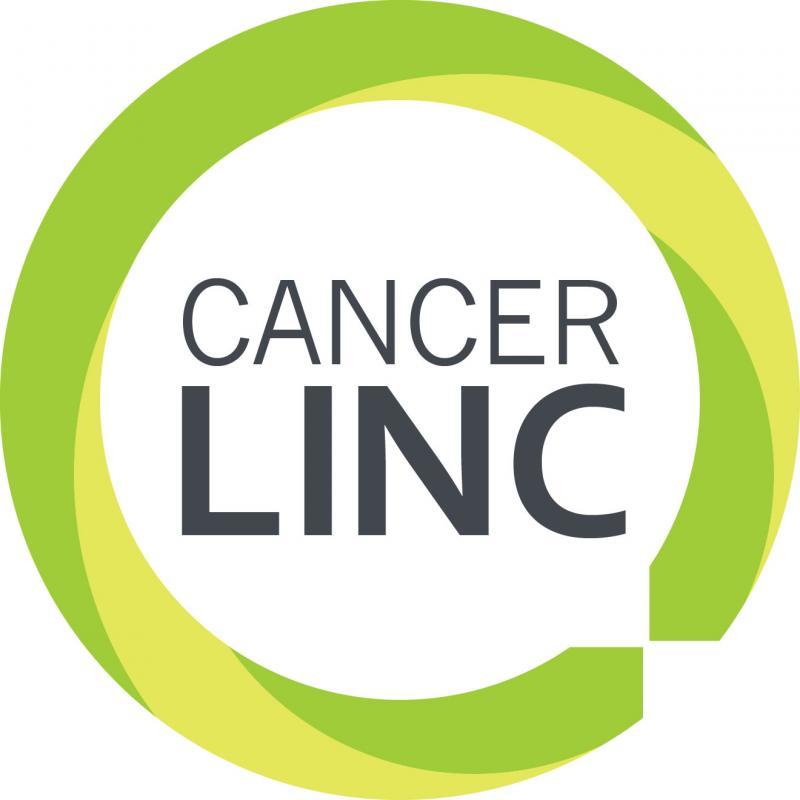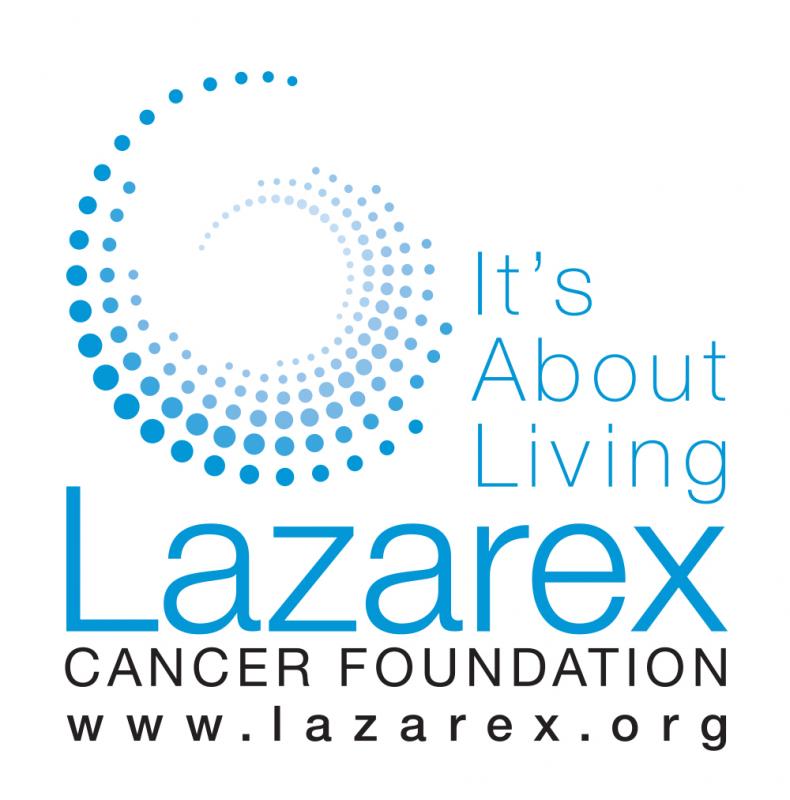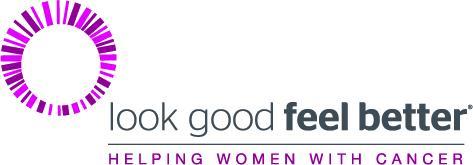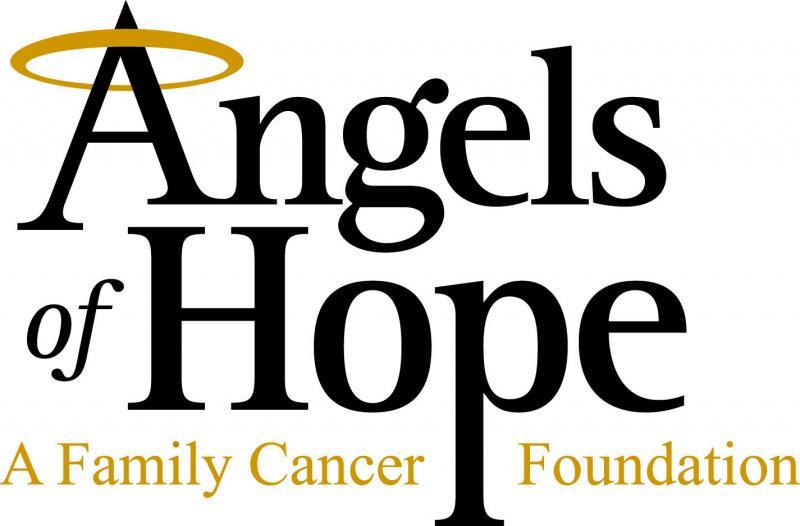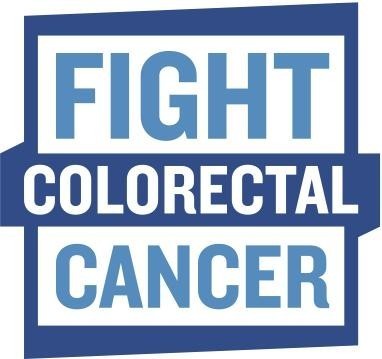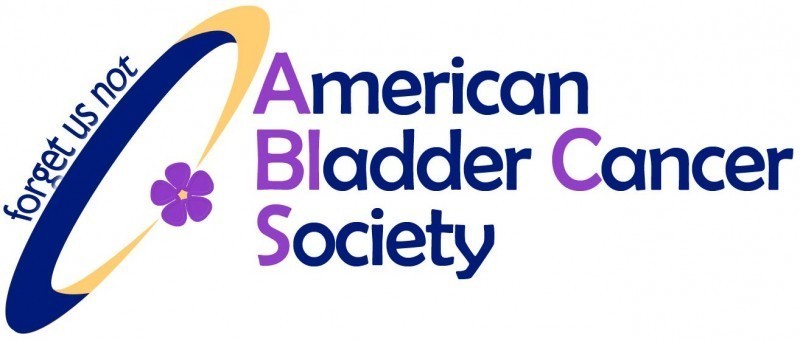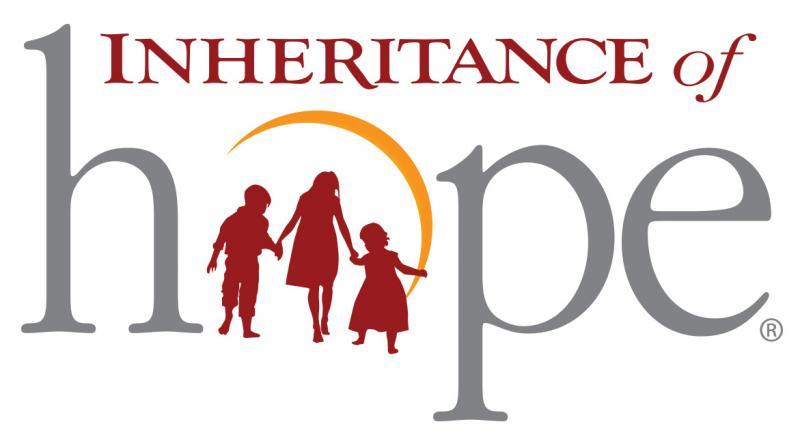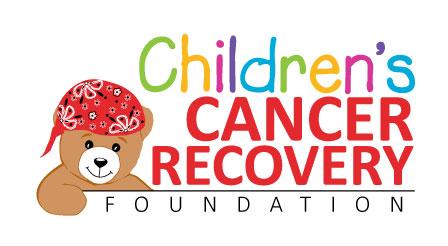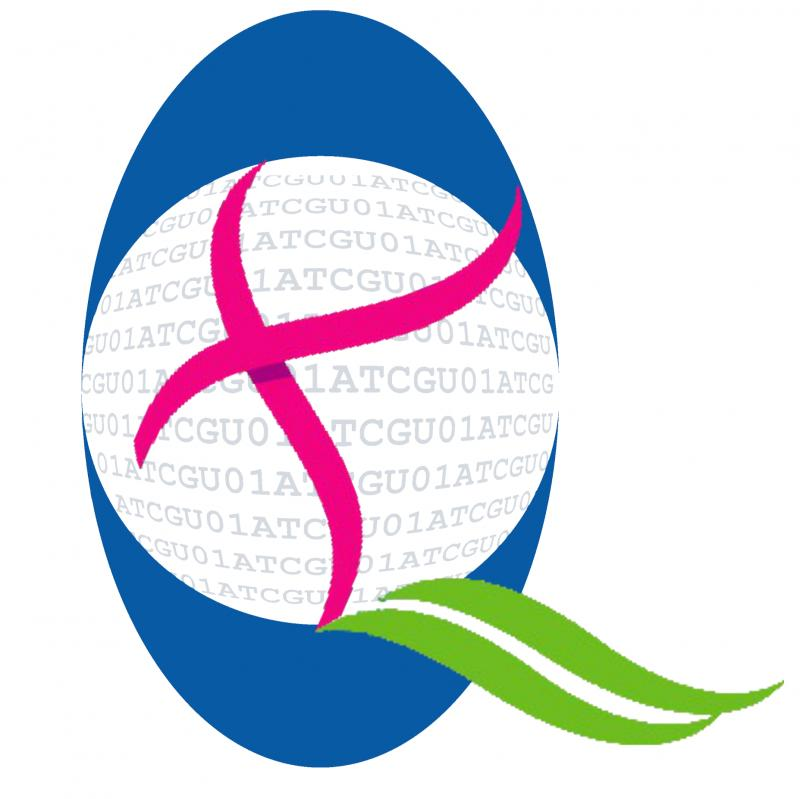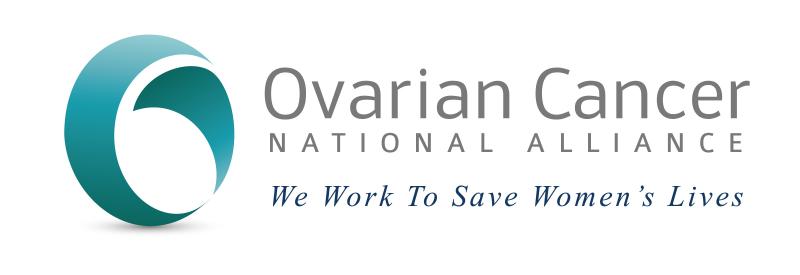Causes: Ambulatory & Primary Health Care, Cancer, Cancer Research, Health
Mission: The mission of dana-farber cancer institute is to provide expert, compassionate care to children and adults with cancer while advancing the understanding, diagnosis, treatment, cure and prevention of cancer and related diseases. As an affiliate of harvard medical school and a comprehensive cancer center designated by the national cancer institute, the institute also provides training for new generations of physicians and scientists, designs programs that promote public health particularly among high-risk and underserved populations, and disseminates innovative patient therapies and scientific discoveries to our target community across the united states and throughout the world.
Programs: Clinical care as one of the leading cancer centers in the world, dana-farber provides compassionate, comprehensive and personalized care to adults and children challenged with cancer, blood disorders and related diseases. In 2017, our expert clinicians and caregivers at our specialized treatment centers worked together to deliver the latest therapies to our patients through 328,591 outpatient md visits and 165,792 infusion treatments. Since its founding in 1947 by sidney farber, md, dana-farber has followed his vision for a cancer center that is just as dedicated to discoveries in cancer research as it is to delivering expert compassionate care. Dana-farber is a founding member of dana-farber/harvard cancer center and one of 49 nci-designated comprehensive cancer centers in the u. S. Dana-farber is the only hospital ranked in the top four nationally by u. S news and world report in both adult and pediatric cancer care. In 2017, we conducted 830 clinical trials, including therapeutic and non-therapeutic trials.
research fda approvals: dfci research in fy17 led to several fda approvals including the revolutionary car t-cell therapy for adults with non-hodgkin lymphoma; the first new drug for acute myeloid leukemia in 25 years; a novel drug for relapsed ovarian cancer; and an immunotherapy drug to treat relapsed hodgkin lymphoma in adult and pediatric patients the first time that an immune checkpoint inhibitor has been approved to treat children with cancer. Personalized cancer vaccines: dfci researchers developed a personalized neoantigen-based vaccine that induced complete remission from advanced melanoma for all patients in a phase 1 trial, either from the vaccine alone or in combination with another immunotherapy, providing proof of principle that a personal vaccine tailored to a patients tumor can be produced and can generate a potent and highly specific response. Improving survival: among patients with stage iii colon cancer, a multi-institution study led by dfci showed that eating tree nuts twice a week was associated with significantly reduced risk of recurrence and mortality. Predicting response: dfci scientists found that a protein whose function was previously unknown plays a key role in managing dna repair, showing promise as a potential drug target and a potential tool to help identify cancer patients who can benefit from particular drugs. Preventive immunotherapy: dfci researchers demonstrated that early intervention with an immunotherapy-based drug combination may prevent progression of high-risk smoldering multiple myeloma to the full-blown disease. Targeting aggressive cancers: a dfci study of a combination of two drugs targeting molecular pathways controlled by the ras oncogene achieved long-term clinical benefit in patients with ras-driven lung, ovarian, and thyroid cancers, which are aggressive and difficult to treat. Precision medicine for pediatric patients: in the largest clinical study to date of genetic abnormalities in pediatric brain tumors, dfci researchers found that a majority of the tumors tested had genetic irregularities that could influence diagnosis or potentially be treated with approved drugs or agents being evaluated in clinical trials. Identifying cancer risk: dfci researchers developed and launched a simple online assessment tool that can help rapidly identify people who should undergo genetic testing for lynch syndrome, an inherited disorder that greatly increases the lifetime risk of colorectal, endometrial, ovarian, stomach, and other cancers.
community benefits the role of dana-farber's community benefits office is to support the institute's goal to reduce cancer risk among medically underserved populations. To that end, we work with city and state health departments, community partners, and boston-based coalitions to assess and monitor the needs of local residents with respect to cancer control. We are on the front lines of supporting and collaborating on programs designed to eliminate disparities in breast, colon, skin, and prostate cancer; educate diverse populations about tobacco cessation, human papillomavirus (hpv) prevention and screening, and clinical trials; and strengthen the support system for medically underserved populations. In short, we are committed to making dana-farber's care and research findings are more accessible to everyone within and outside its walls. In fy 2017: dana-farbers mammography services provided close to 2,500 mammograms on the van and at the mammography suite in roxbury. 1,166 individuals received breast health education on the mammography van or at a community outreach event. A total of 43 community members have been trained as lay health advisors in breast cancer, screening guidelines, and health promotion and outreach strategies. 1,475 community members were reached through sun safety education and screening events, with an average of 60 participants per event. A total of 3,444 individuals were reached through 146 community education, outreach and screening events.
Mission: The mission of dana-farber cancer institute is to provide expert, compassionate care to children and adults with cancer while advancing the understanding, diagnosis, treatment, cure and prevention of cancer and related diseases. As an affiliate of harvard medical school and a comprehensive cancer center designated by the national cancer institute, the institute also provides training for new generations of physicians and scientists, designs programs that promote public health particularly among high-risk and underserved populations, and disseminates innovative patient therapies and scientific discoveries to our target community across the united states and throughout the world.
Programs: Clinical care as one of the leading cancer centers in the world, dana-farber provides compassionate, comprehensive and personalized care to adults and children challenged with cancer, blood disorders and related diseases. In 2017, our expert clinicians and caregivers at our specialized treatment centers worked together to deliver the latest therapies to our patients through 328,591 outpatient md visits and 165,792 infusion treatments. Since its founding in 1947 by sidney farber, md, dana-farber has followed his vision for a cancer center that is just as dedicated to discoveries in cancer research as it is to delivering expert compassionate care. Dana-farber is a founding member of dana-farber/harvard cancer center and one of 49 nci-designated comprehensive cancer centers in the u. S. Dana-farber is the only hospital ranked in the top four nationally by u. S news and world report in both adult and pediatric cancer care. In 2017, we conducted 830 clinical trials, including therapeutic and non-therapeutic trials.
research fda approvals: dfci research in fy17 led to several fda approvals including the revolutionary car t-cell therapy for adults with non-hodgkin lymphoma; the first new drug for acute myeloid leukemia in 25 years; a novel drug for relapsed ovarian cancer; and an immunotherapy drug to treat relapsed hodgkin lymphoma in adult and pediatric patients the first time that an immune checkpoint inhibitor has been approved to treat children with cancer. Personalized cancer vaccines: dfci researchers developed a personalized neoantigen-based vaccine that induced complete remission from advanced melanoma for all patients in a phase 1 trial, either from the vaccine alone or in combination with another immunotherapy, providing proof of principle that a personal vaccine tailored to a patients tumor can be produced and can generate a potent and highly specific response. Improving survival: among patients with stage iii colon cancer, a multi-institution study led by dfci showed that eating tree nuts twice a week was associated with significantly reduced risk of recurrence and mortality. Predicting response: dfci scientists found that a protein whose function was previously unknown plays a key role in managing dna repair, showing promise as a potential drug target and a potential tool to help identify cancer patients who can benefit from particular drugs. Preventive immunotherapy: dfci researchers demonstrated that early intervention with an immunotherapy-based drug combination may prevent progression of high-risk smoldering multiple myeloma to the full-blown disease. Targeting aggressive cancers: a dfci study of a combination of two drugs targeting molecular pathways controlled by the ras oncogene achieved long-term clinical benefit in patients with ras-driven lung, ovarian, and thyroid cancers, which are aggressive and difficult to treat. Precision medicine for pediatric patients: in the largest clinical study to date of genetic abnormalities in pediatric brain tumors, dfci researchers found that a majority of the tumors tested had genetic irregularities that could influence diagnosis or potentially be treated with approved drugs or agents being evaluated in clinical trials. Identifying cancer risk: dfci researchers developed and launched a simple online assessment tool that can help rapidly identify people who should undergo genetic testing for lynch syndrome, an inherited disorder that greatly increases the lifetime risk of colorectal, endometrial, ovarian, stomach, and other cancers.
community benefits the role of dana-farber's community benefits office is to support the institute's goal to reduce cancer risk among medically underserved populations. To that end, we work with city and state health departments, community partners, and boston-based coalitions to assess and monitor the needs of local residents with respect to cancer control. We are on the front lines of supporting and collaborating on programs designed to eliminate disparities in breast, colon, skin, and prostate cancer; educate diverse populations about tobacco cessation, human papillomavirus (hpv) prevention and screening, and clinical trials; and strengthen the support system for medically underserved populations. In short, we are committed to making dana-farber's care and research findings are more accessible to everyone within and outside its walls. In fy 2017: dana-farbers mammography services provided close to 2,500 mammograms on the van and at the mammography suite in roxbury. 1,166 individuals received breast health education on the mammography van or at a community outreach event. A total of 43 community members have been trained as lay health advisors in breast cancer, screening guidelines, and health promotion and outreach strategies. 1,475 community members were reached through sun safety education and screening events, with an average of 60 participants per event. A total of 3,444 individuals were reached through 146 community education, outreach and screening events.
450 Brookline Ave, Boston, MA 02215
617-632-3000

Cancer
Boston




































